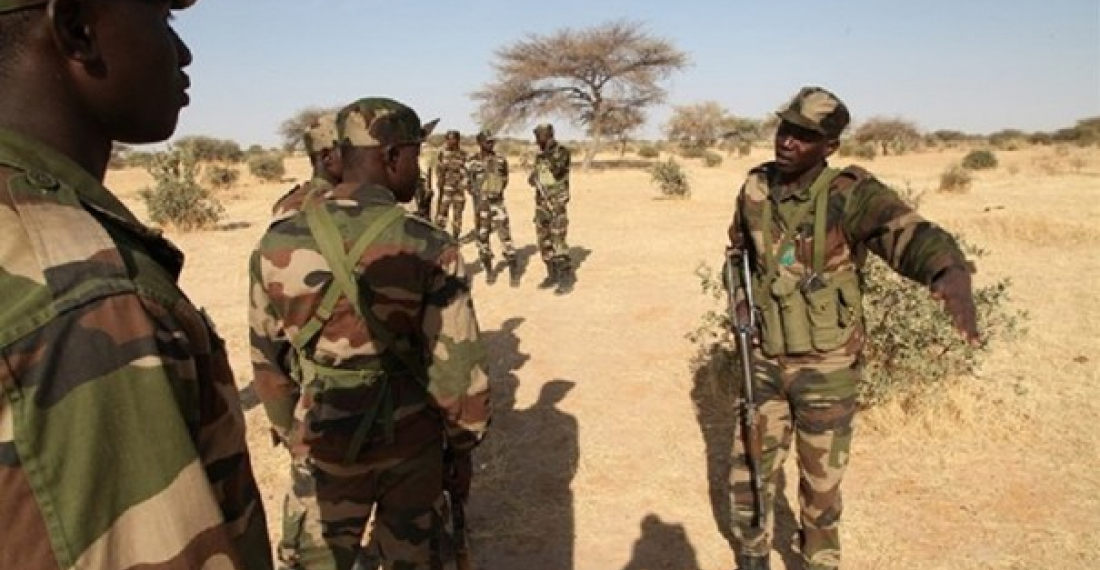At least 21 people, including two policemen, were killed, and several others wounded on Wednesday (16 March) in an attack by suspected Islamist militants on a bus and a truck in the Tillabéri region of southwestern Niger, security sources told AFP on Thursday.
The mayor of the town of Tera near the Niger border with Burkina Faso stated that the attack was carried out by gunmen on motorbikes who had forced a bus and a truck to stop. The attackers then forced the passengers out of the vehicle, pretending it was a simple identity check and started firing at them. Out of the 21 reported dead, two of them, the two occupants of the truck carrying fruit and vegetables, were burnt alive by the Islamist insurgents.
The attack's survivors and the wounded were evacuated to the capital Niamey for medical treatment, according to the same local source.
This new double attack in the district of Téra, less than 10 kilometres from the border with Burkina Faso, is yet another example of the instability of the Tillabéri region, and of the so-called "three borders" zone between Niger, Burkina Faso, and Mali.
The immense region of Tillabéri in Niger, with a territory larger than Portugal with its 100,000km2 located in the tri-border area, has had to face repeated deadly attacks by various terrorist groups since 2017.
These groups are primarily the Islamic State in the Greater Sahara (ISGS) in the west, and Boko Haram and the Islamic State West Africa Province (ISWAP) in the south-east, bordering Nigeria. Yet the islamist militants could also be linked to al-Qaeda.
The Government of Niger, the world's poorest country according to the UN's Human Development Index, has launched large-scale free distribution and promotional sales of cereals to farmers affected by a serious food crisis caused by attacks and drought.
Niger, and particularly its region Tillabéri, is suffering from the difficulty its neighbour Mali has had in containing the assaults of terrorist groups on its territory since 2012, assaults that have since spread to Burkina Faso and Niger.
It is in this key region of Tillabéri, given its geographical position, that part of the French Barkhane and European Takuba armed forces could be redeployed after their forced withdrawal from Mali.
At the end of February, Niger's president, Mohamed Bazoum, announced that he had begun "discussions" with jihadists as part of "the search for peace"
Sources: CommonSpace.eu with BBC (London), TV5 Monde (Paris), The Guardian (London) and other media outlets
Picture: Nigerien soldiers mobilised in the anti-terrorist struggle; Twitter: @beninwebtv






